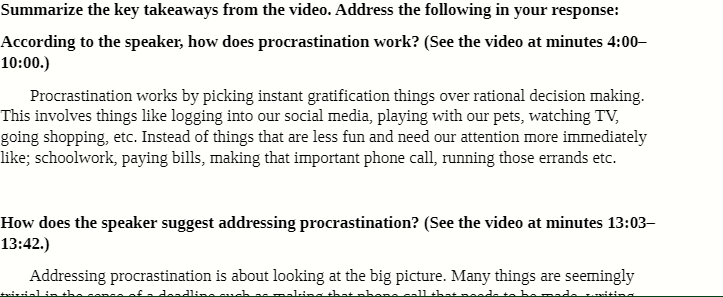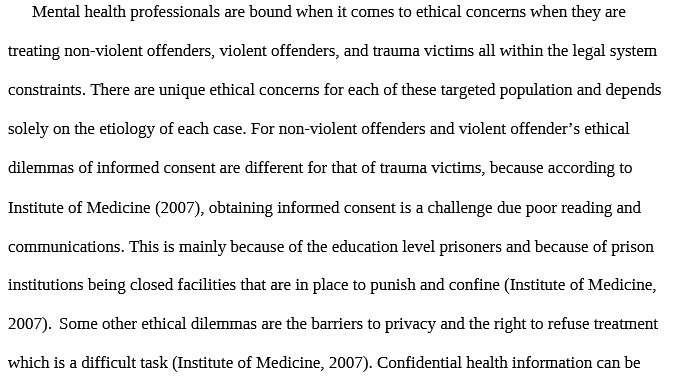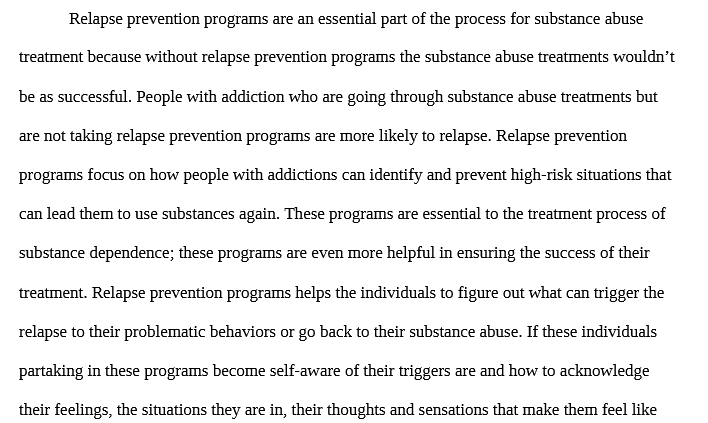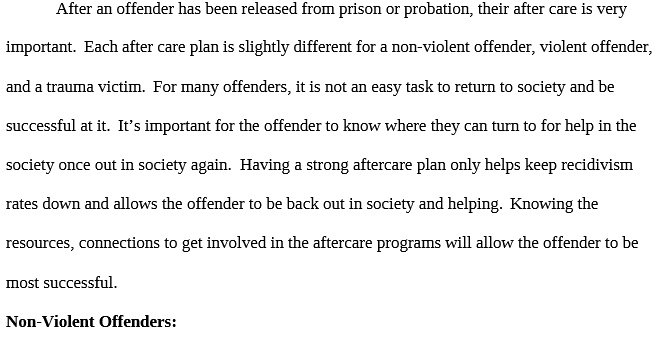-71%
PSY 118 PSY118 5-2 Project 2 Milestone – Journal Entry.docx- Snhu
$4.99$16.99
PSY 118 PSY118 5-2 Project 2 Milestone – Journal Entry.docx- Snhu
Summarize the key takeaways from the video. Address the following in your response: According to the speaker, how does procrastination work? (See the video at minutes 4:00– 10:00.) Procrastination works by picking instant gratification things over rational decision-making. This involves things like logging into our social media, playing with our pets, watching TV, going shopping, etc. Instead of things that are less fun and need our attention more immediately like; schoolwork, paying bills, making that important phone call, running those errands, etc. How does the speaker suggest addressing procrastination? (See the video at minutes 13:03–13:42.) Addressing procrastination is about looking at the big picture. Many things are seemingly trivial in the sense of a deadline such as making that phone call that needs to be made, writing that paper, scheduling that appointment, and preparing for company. But what procrastination really boils down to is a much larger picture, making that job change, leaving that relationship, and going back to school. What is important to take away is that the most important things we procrastinate are not trivial day-to-day tasks, but life-altering decisions, and if we procrastinate making them for 10 years we will never get those 10 years back, and that is a considerable fraction of our lives. Examine the connections between procrastination, coping, and motivation.
Description
PSY 118 PSY118 5-2 Project 2 Milestone – Journal Entry.docx- Snhu
Summarize the key takeaways from the video. Address the following in your response: According to the speaker, how does procrastination work? (See the video at minutes 4:00– 10:00.) Procrastination works by picking instant gratification things over rational decision-making.
This involves things like logging into our social media, playing with our pets, watching TV, going shopping, etc. Instead of things that are less fun and need our attention more immediately like; schoolwork, paying bills, making that important phone call, running those errands, etc. How does the speaker suggest addressing procrastination? (See the video at minutes 13:03–13:42.) Addressing procrastination is about looking at the big picture. Many things are seemingly trivial in the sense of a deadline such as making that phone call that needs to be made, writing that paper, scheduling that appointment, and preparing for company. But what procrastination really boils down to is a much larger picture, making that job change, leaving that relationship, and going back to school. What is important to take away is that the most important things we procrastinate are not trivial day-to-day tasks, but life-altering decisions, and if we procrastinate making them for 10 years we will never get those 10 years back, and that is a considerable fraction of our lives. Examine the connections between procrastination, coping, and motivation.
PSY 118 PSY118 5-2 Project 2 Milestone – Journal Entry.docx- Snhu
Think about the self-assessments that you completed in Modules Four and Five. Then address the following in your response: Motivation is what keeps us moving forward, coping is how efficiently we move forward, and procrastination sets the pace. If your coping is avoidance then your trajectory forward may look more like forward, then sideways, then backward, then forward again, not making much progress in the ultimate direction. If you are lacking motivation then your progress in each step may be very slow, and when you throw procrastination in the mix it may halt your movement altogether. Suddenly you are 36 living in a family member’s basement, with no career, no education, and nothing to show for your life. If we are aware of our coping mechanisms, what motivates us, and our tendency to procrastinate then we can keep ourselves accountable for our momentum forward and ultimately our lives. In what ways is procrastination a negative form of coping? In what ways is it a positive form of coping? Procrastination ties directly into avoidance. We avoid doing the things that cause us stress and anxiety and replace it with things that are relaxing, or maybe more distracting. I can’t think
of a positive that results from procrastinating, I think it perpetuates anxiety, stress, self-doubt, guilt, and shame.
PSY 118 PSY118 5-2 Project 2 Milestone – Journal Entry.docx- Snhu
- PSY 211 – Lifespan Development (5015 Documents),
- PSY 215 – Abnormal Psychology (4335 Documents),
- PSY 108 – Introduction to Psychology (3759 Documents),
- PSY 223 – Statistics for Psychology Research (2652 Documents),
- PSY 216 – Psychology of Personality (1841 Documents),
- PSY 510 – Research Methods (1748 Documents),
- PSY 520 – Research Methods in Psychology II (1469 Documents),
- PSY 257 – Psychology (1451 Documents),
- PSY 310 – Criminal Psychology (1393 Documents),
- PSY 200 – FOUNDATIONS OF ADDICTIONS (1379 Documents),
Only logged in customers who have purchased this product may leave a review.







Reviews
There are no reviews yet.